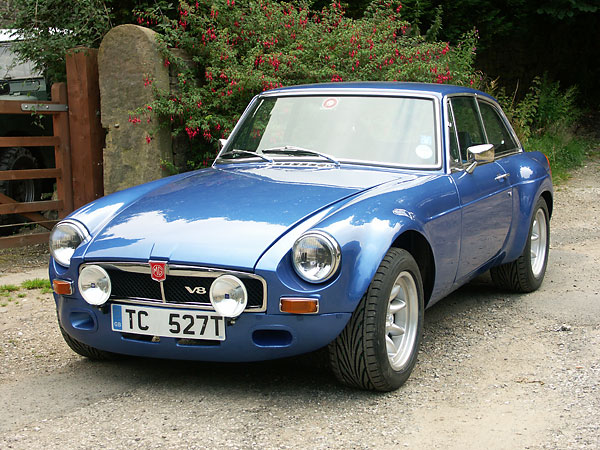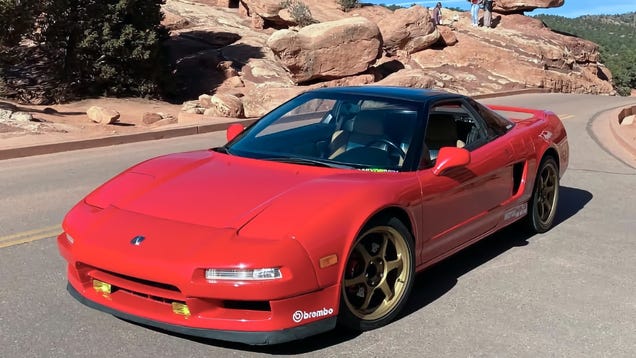| When I was in college, I had a grey 1969 MG BGT that I had purchased off an acquaintance for somewhere on the order of a few hundred $US that had a bad clutch. In a nutshell, here is what happened; I acquire said imported British sports car at some point in the summer, and get everything apart to replace the clutch and then have to return to college. Meanwhile the garage space occupied by the B and it's transmission is required by my brother (not in school at the time) who needed to perform some similar mechanical transplantation. So, he rolls the B out of the garage and boots the tranny and other assorted pieces parts off to the side to make room for his car, and here is where things begin to go pear shaped (as they say). More...I had put all the bolts, nuts washers, pins etc. into a bowl pilfered from the kitchen. My Brother, upon finding said nuts and bolts, dumps the whole kit and kaboodle into what we referred to as the "Bolt Box". The Bolt Box was wooden box about half as big as an US Army footlocker that was filled with about three generations of nuts and bolts left over from various mechanical endeavours. The total population of nuts and bolts must have numbered in the tens of thousand. The Bolt Box was a priceless source of ass saving spares for the inevitable stripped, lost, broken or tapped out nut or bolt that would otherwise derail any mechanical project. Suffice it to say that after my Father and Brother had spent a winter digging through the Bolt Box for spares, my British nuts and bolts were thoroughly mingled with thousands of similarly sized U.S. bolts and nuts. The problem of course being that British Whitworth and American SAE threads are extremely similar and sometimes interchangeable to a point, but fundamentally different. The US bolt might screw in a 1/2 inch or so and bind ever so slightly, leaving the wretched wrencher to have to decide, is it seated and ready to torque down or about just about to strip. How much this sucked cannot be sufficiently conveyed. To add to the issues, the BMC Corp used a real mish mash of fasteners to fit any single component. While an American transmission might be attached with 1 or possibly two bolt types and sizes, the MG might mix fine and course threads of differing lengths. Needless to say, it took me the better part of the summer to locate all the needed fasteners to put the old B together again. I loved to drive that car, and not because it was a great car, it wasn't, but rather, simply because it was fun in a way that transcended the mundane act of driving. It reminded me of nothing so much as a WWI biplane. Between it's Sopwith Camel like, loping idle (accompanied by the lively motion of the Smiths dash gauges) and it's unique odor of hot oily metal, moldering wool and leather, the whole vehicle was unmistakeably a human "contraption" in the best sense. A contraption in that every moment that it ran was like a minor miracle brought forth by human sweat and toil, both of which the car required more regularly than it did gas or oil. Driving that MG was like discovering that the cable company left HBO on from the previous tenants, you felt lucky and a little giddy knowing that at any moment it might come to an abrupt and possibly unpleasant end. And so it did, all over my future mother in laws pristine suburban driveway. |










